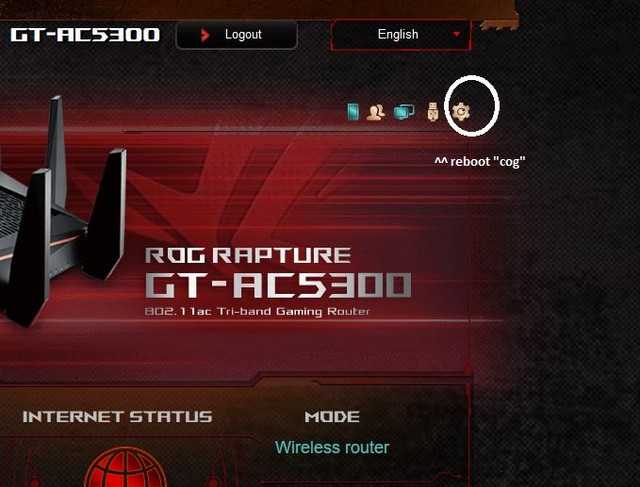ForkWNY
Senior Member
I like to power down/reboot my main GT-AC5300 router and Aimesh nodes at least once per week. Right now I have the router, cable modem, and Aimesh nodes plugged into Wifi outlets, so I schedule power-downs in the middle of the night once weekly, powering them all down for about 10 minutes, then they're powered back on in sequence automatically. This seems to keep things running optimally and automation is obviously convenient.
I've noticed that the "cog wheel" reboot button within the ASUS Rapture UI doesn't really do a hard reboot of the GT-AC5300 or any of my Aimesh nodes - when I SSH into any of the Aimesh nodes after "rebooting" from the Rapture UI, the uptime doesn't indicate that any of the nodes were actually rebooted (on ASUSWRT official). If the uptime is 3 days, and I run a "reboot" from the GT-AC5300 UI, the uptime still says 3 days after the reboot has completed. Odd IMO.
For those using the official ASUSWRT firmware releases, is there a better way to handle rebooting, aside from SSH and typing "reboot" at the command prompt within each Aimesh node, or powering things down? I'm presuming crontab can't be used for ASUSWRT official firmwares, it's wiped whenever the router is rebooted. I've used Merlin in the past but tend to stick with official builds for newer hardware.
I've noticed that the "cog wheel" reboot button within the ASUS Rapture UI doesn't really do a hard reboot of the GT-AC5300 or any of my Aimesh nodes - when I SSH into any of the Aimesh nodes after "rebooting" from the Rapture UI, the uptime doesn't indicate that any of the nodes were actually rebooted (on ASUSWRT official). If the uptime is 3 days, and I run a "reboot" from the GT-AC5300 UI, the uptime still says 3 days after the reboot has completed. Odd IMO.
For those using the official ASUSWRT firmware releases, is there a better way to handle rebooting, aside from SSH and typing "reboot" at the command prompt within each Aimesh node, or powering things down? I'm presuming crontab can't be used for ASUSWRT official firmwares, it's wiped whenever the router is rebooted. I've used Merlin in the past but tend to stick with official builds for newer hardware.

